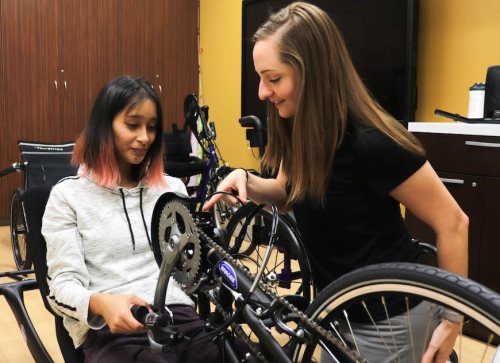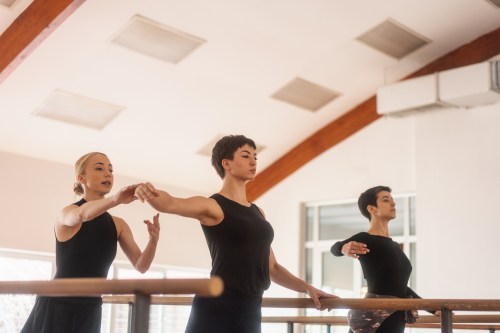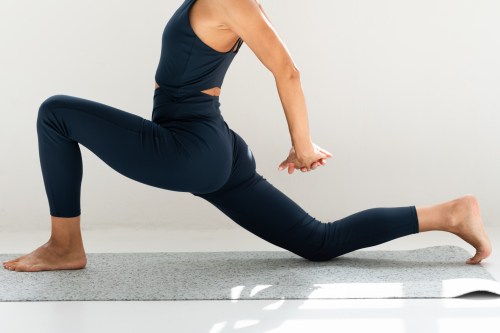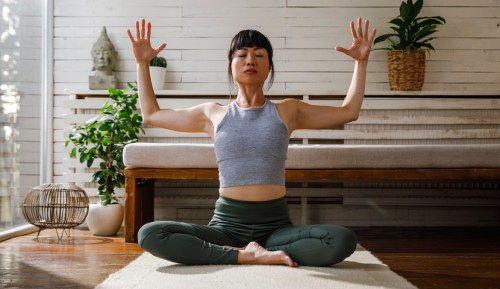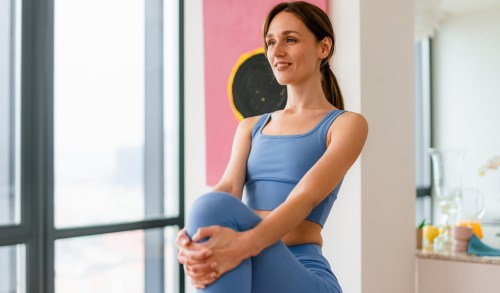Here’s a stat: Nearly 26 percent of people with disabilities say they’re physically inactive during the week (compared to 13 percent of able-bodied people). This is a big deal, considering that exercise is such an important part of overall health and well-being. Yet people with physical disabilities face significant barriers to regular activity, including limited gyms and clubs with fully-accessible facilities, financial constraints, and not being able to find trainers or instructors who know how to serve their needs.
To combat this issue, Orlando Health, a network of not-for-profit healthcare facilities, partnered with a CrossFit gym in Orlando, Florida to create a workout routine adaptive for people in wheelchairs. The goal was to help patients in wheelchairs feel empowered and able to work out alongside other CrossFitters with ease.
According to a press release from Orlando Health, the new routine is designed specifically for wheelchair-bound patients recovering from spinal cord injuries. The organization says it was eager to partner with CrossFit because they see first-hand how important fitness is to recovery, and felt it was a way to further help their patients.
“After a spinal cord injury, it is crucial that patients build their strength to be able to perform daily tasks like pushing their wheelchair and transferring in and out of their chair,” says Shreya Bhola, a rep for Orlando Health. “These modified workouts are focused on upper body and core exercises that help patients get more independent while also preventing long-term health issues such as diabetes and heart disease.” The group will also be working with coaches at the gym to train them on the particular needs of people who use wheelchairs.
The program is currently underway at just the one CrossFit facility in Orlando, and is specifically catering to one type of physical disability. (CrossFit also offers a variety of adaptive workout trainings for its instructors, to ensure people all across the country are able to include athletes with physical disabilities.) But hopefully, this model could help other gyms and clubs re-assess the needs of people with disabilities and adaptive athletes, and better serve them in the future—because everyone should feel included in the fitness community. Other fitness instructors, take note!
Here’s what to know about CrossFit before you go and how to know if it’s right for you.
Sign Up for Our Daily Newsletter
Get all the latest in wellness, trends, food, fitness, beauty, and more delivered right to your inbox.
Got it, you've been added to our email list.
